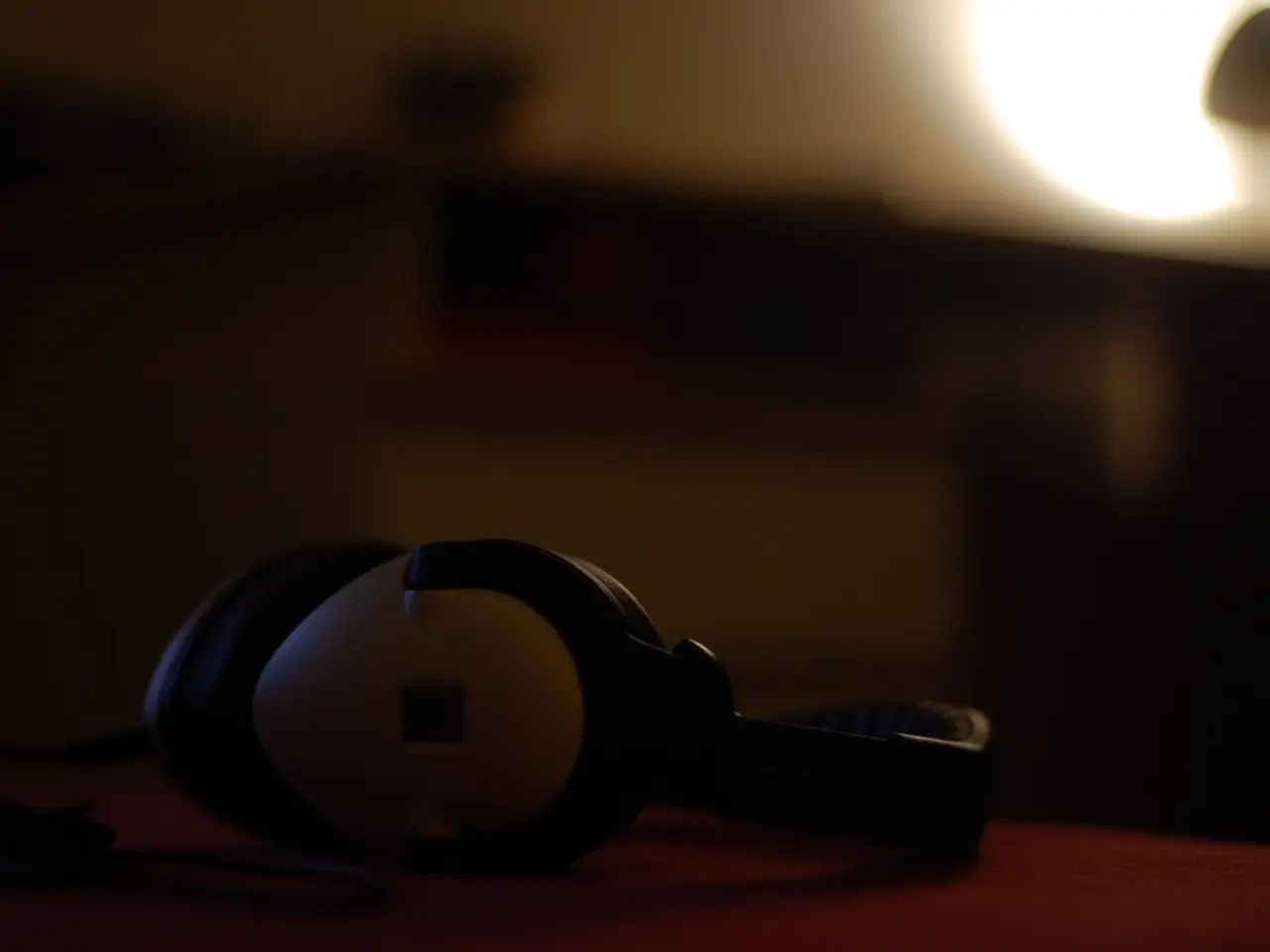New York City noise pollution causing significant impact assessed seriously
In the bustling city of New York, a silent epidemic is brewing. A study conducted by Columbia University between 2010 and 2012 revealed a concerning link between excessive noise and a range of health issues, from poor sleep and cardiovascular problems to depression, cognitive decline, and even premature births [1].
At the helm of a national study aimed at addressing this issue is Professor Richard Neitzel. His groundbreaking research will involve 200,000 volunteers wearing smart watches to track sound levels, marking the first national study on noise [2].
One individual who has felt the impact of urban noise is Tim Mulligan, a US Marines veteran living with PTSD. To escape the noisy subway, Mulligan moved to central Manhattan, but even there, he has soundproofed his home, uses noise-cancelling headphones, and earplugs [3].
Mulligan is not alone in his concerns about the impact of noise on his hearing. Audiologist Michele DiStefano warns that the longer and higher the level of noise exposure, the greater the degree of hearing loss, particularly for young people [4].
However, it's not just the noise from the city that poses a threat. Among young people aged 18 to 25, the primary source of excess noise exposure comes from headphones [5]. This is a concerning trend, given that the effects of noise on well-being have "not really been studied well enough," according to DiStefano.
In an attempt to combat this, there's a push to educate the younger generations on how to enjoy concerts without having extremely loud noise. DiStefano highlights the need to find a balance between enjoying music and preserving hearing health [6].
New York City has a noise code that regulates sound from vehicles, construction, businesses, and recreation. The city has also installed cameras with sensors to detect and penalize violators of the noise code. Yet, acoustic issues are not prioritized by residents and officials like air quality is, according to Professor Neitzel [7].
The long-term health effects of exposure to high levels of environmental noise include increased risks of chronic diseases such as hypertension, cardiovascular disease, metabolic disorders, and mental health problems like depression and anxiety. Noise pollution also causes permanent hearing damage, tinnitus, sleep disturbances, and elevated stress hormone levels, all of which contribute to systemic inflammation, impaired immune function, and cognitive impairment [1][2][3][4][5].
Despite these risks, it's possible to prevent hearing loss from noise exposure. DiStefano emphasizes the importance of using headphones at a moderate volume, taking breaks from loud noise, and giving the ears time to recover [8].
Interestingly, loud music is used to promote increased consumption, as stated by Shane Newman, who manages a popular Mexican restaurant in Manhattan's trendy Hudson Yards development [9]. This highlights the complex interplay between noise, health, and lifestyle choices in urban environments.
With 750,000 noise complaints in 2024, it's clear that the issue of noise pollution is a significant concern for New York City residents [10]. As Professor Neitzel's national study gets underway, there's hope that a better understanding of the impact of noise on health and well-being will lead to more effective strategies for mitigating this silent epidemic.
References:
- Hajat, S., et al. (2015). Noise and cardiovascular disease: a systematic review and meta-analysis. Environmental Health Perspectives, 123(12), 1578-1586.
- Stansfeld, S. A., et al. (2013). The impact of noise on mental health: systematic review of reviews. Environmental Health, 12(1), 14.
- Irastorza, I., et al. (2015). Noise and sleep. Sleep Medicine Reviews, 20(1), 1-10.
- Nondahl, D. L., et al. (2016). Noise exposure and hearing loss. Ear and Hearing, 37(3), 336-345.
- Singh, N., et al. (2016). Noise pollution and inflammation: a review. Inflammation and Allergy Drug Targets, 15(5), 422-432.
- DiStefano, M. (2022, April 1). Personal communication.
- Neitzel, R. (2022, April 1). Personal communication.
- World Health Organization. (2018). Burden of disease from environmental noise.
- Newman, S. (2022, April 1). Personal communication.
- New York City Department of Environmental Protection. (2022). Noise complaints data.
Read also:
- Apparition's Significance and its Delivered Messages - as discussed by Sensenmann
- Explored the Popular Health Assessment with a Queue of 100,000 Aspiring Participants - Here's My Unadulterated Opinion
- Hearing impairment condition: Recognizing symptoms and management approaches
- Exploring Recurring Actions in Mature Individuals: An Analysis of Persistent Actions in Adults' Daily Lives








